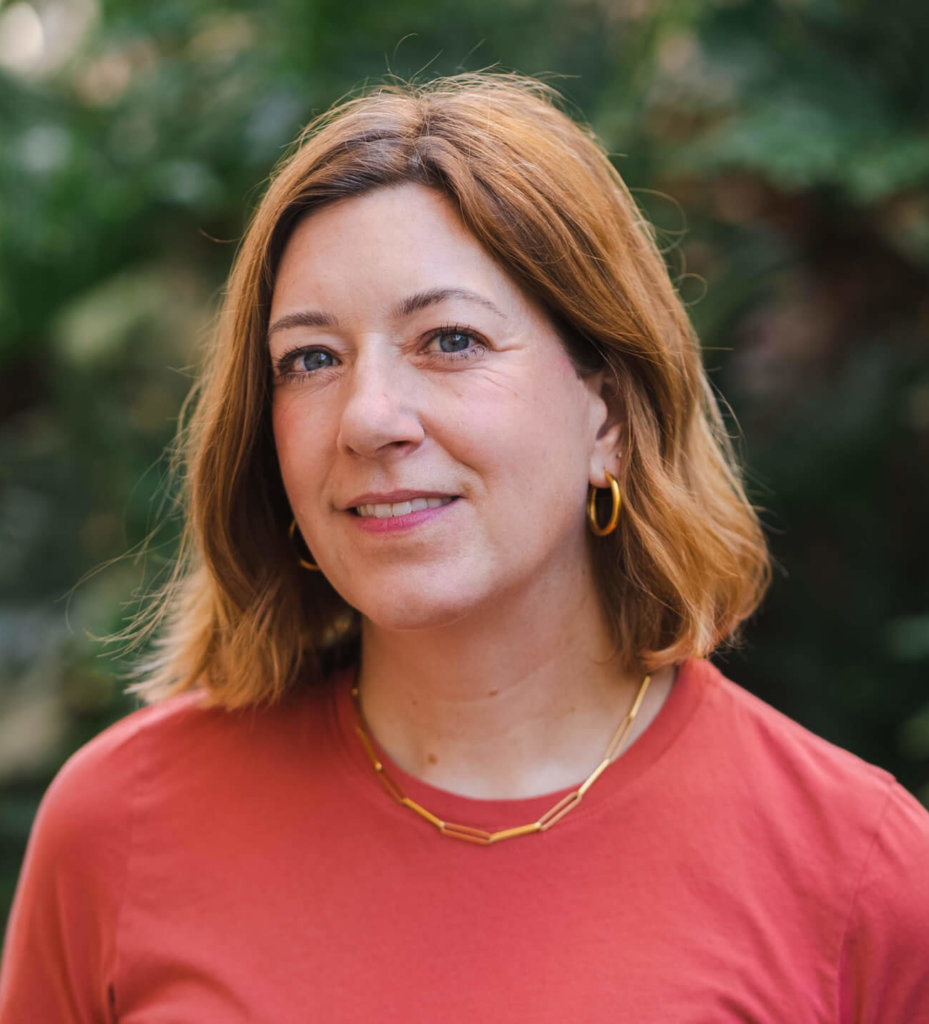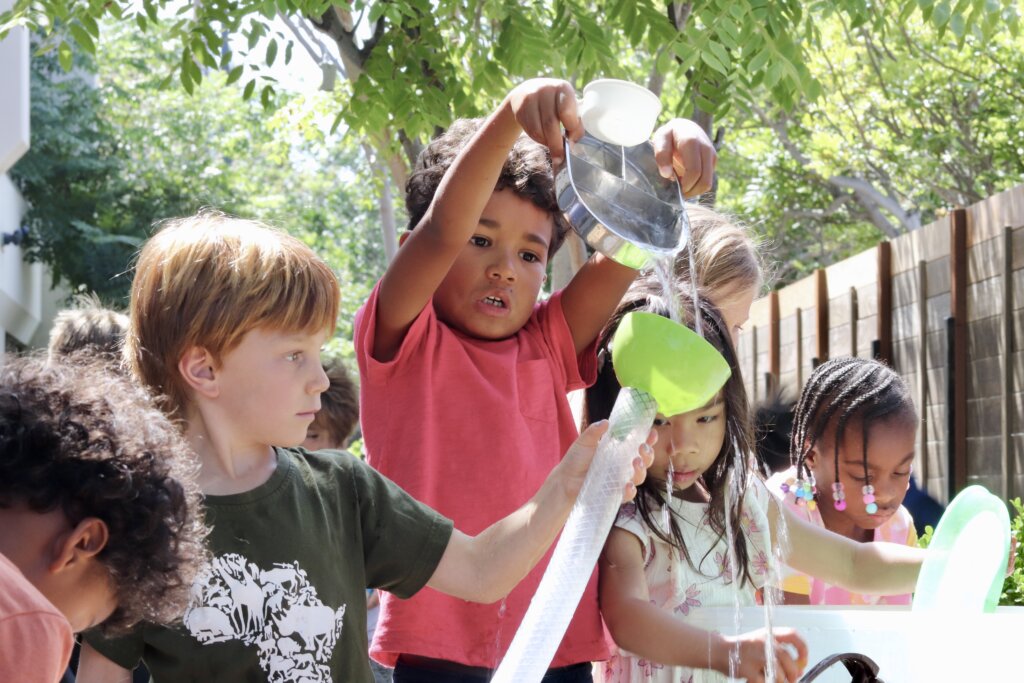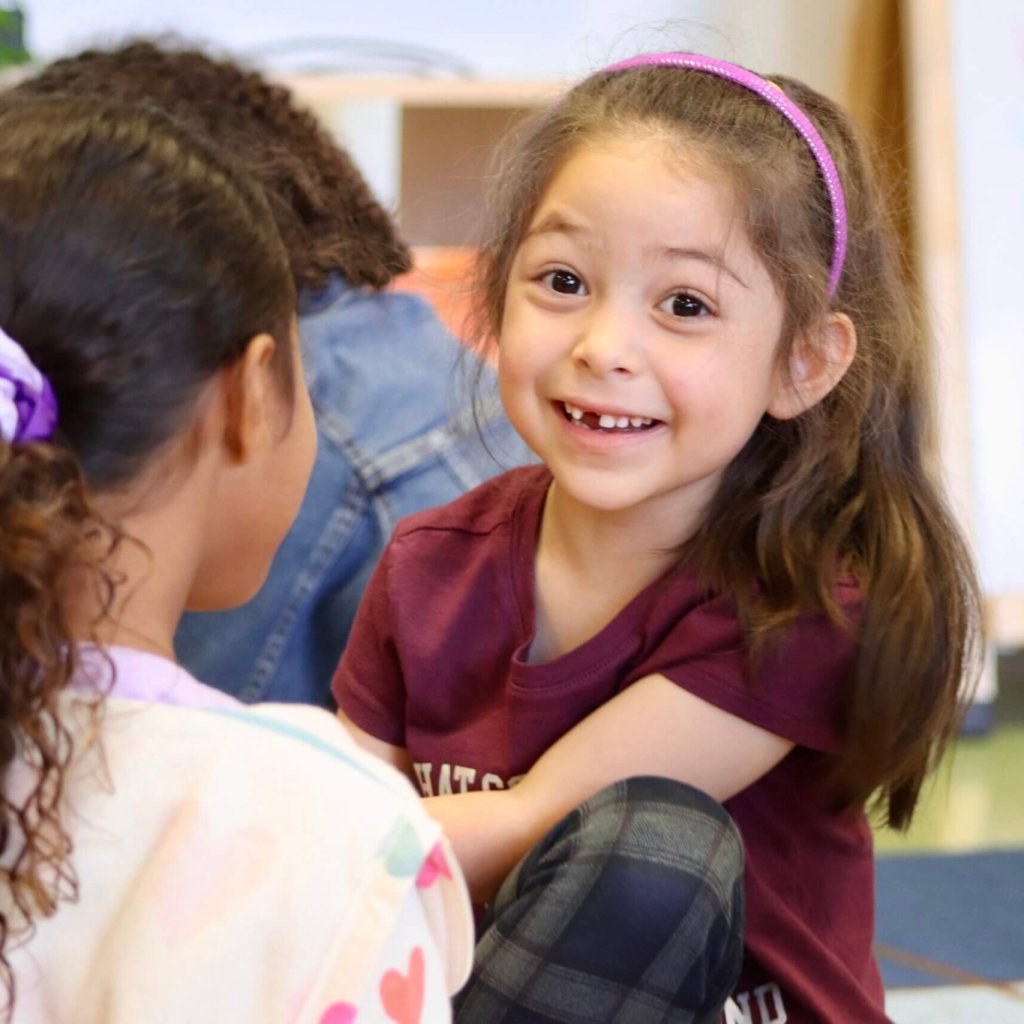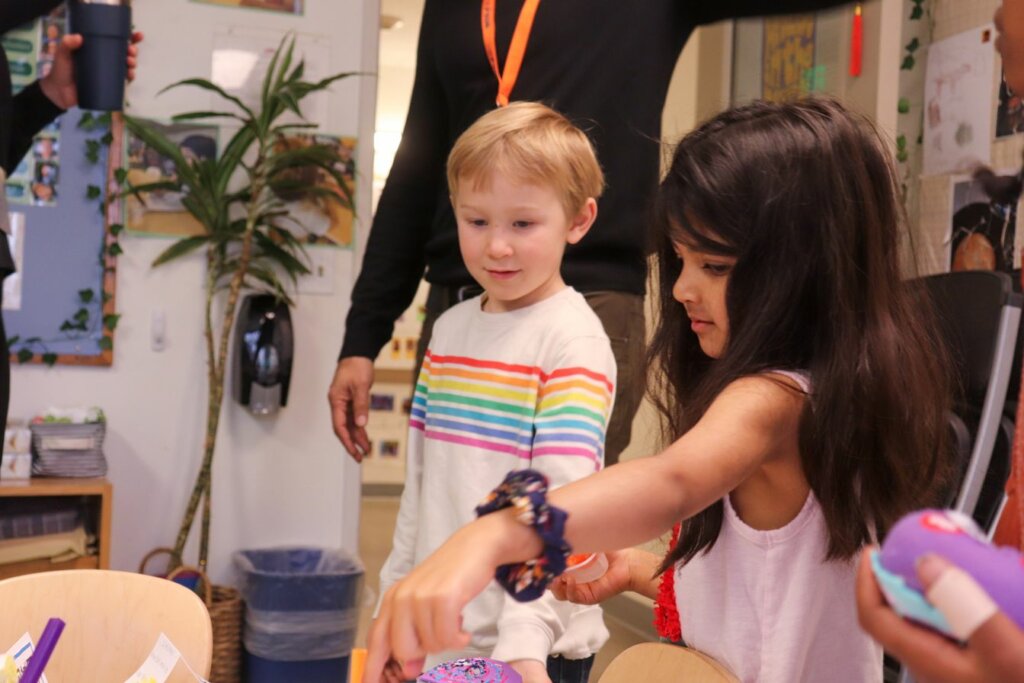Kindergarten At A Glance
Full Day Program
Monday through Friday, with optional early drop-off and After-Class Enrichment (ACE) program for after school.
State of the Art Facility
Highly engaging indoor and outdoor classroom environments offering natural lighting and natural materials.
Small Classes (9:1 ratio)
Three classrooms of 18 students, with two lead teachers per class for flexible groupings and differentiated instruction.
Social-Constructivist Learning
Project-based learning experiences reflect children’s passions and interests and provide opportunities for hands-on exploration, investigation, collaboration, and reflection.
Specialist Classes
Students strengthen literacy and math skills, learn about their world through social studies and science, and attend weekly specialist classes in art, music, Spanish and physical education.
K-8 Buddy Program
Kindergarten students are assigned an 8th grade buddy, with whom they spend scheduled time throughout the school year. These friendships become so valuable to both the older and younger students, and heartwarming to watch, as kindergarteners quickly begin to look up to their buddy as a role model!


